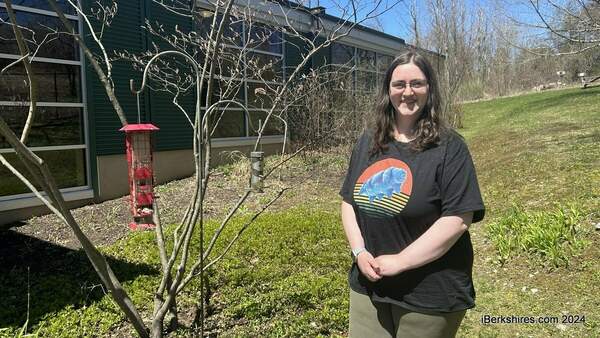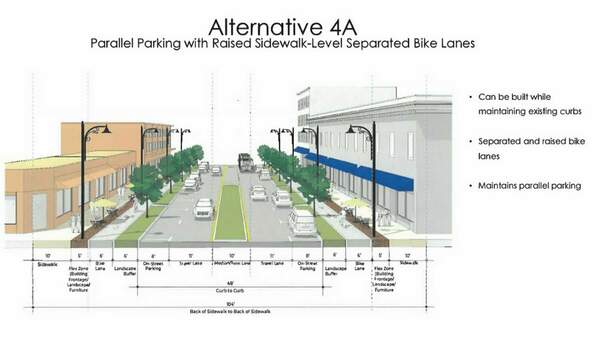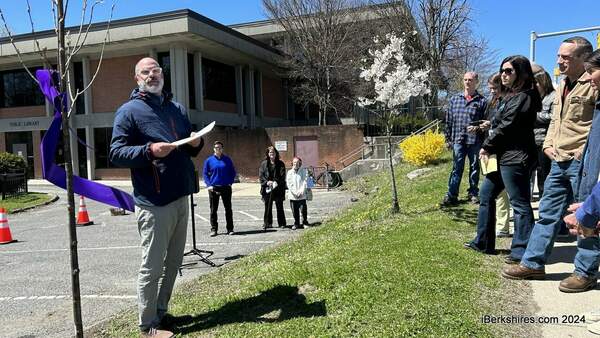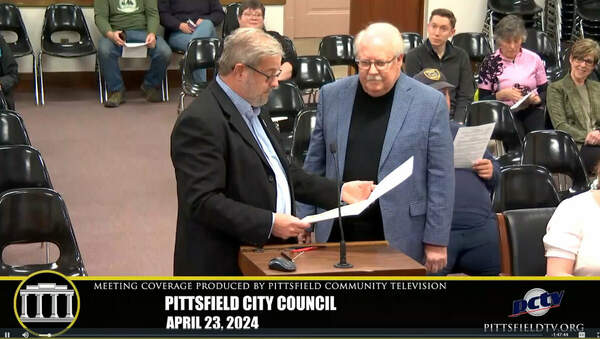Baker-Polito Administration Releases 'MA Climate Change Assessment'
BOSTON — The Baker-Polito Administration, through the Executive Office of Energy and Environment Affairs (EEA), released the "MA Climate Change Assessment," the first statewide assessment detailing how Massachusetts people, environments, and infrastructure may be affected by climate change and related hazards through the end of the century.
This assessment will directly inform the first five-year update to the State Hazard Mitigation and Climate Adaptation Plan (SHMCAP) that will be released in Fall 2023. Importantly, it evaluates 37 climate impacts across five sectors: Human, Infrastructure, Natural Environment, Governance, and Economy; and seven regions of the Commonwealth.
"Massachusetts continues to take a leadership role in climate action, and this assessment serves as another important tool that will guide the state as we improve our understanding of the impacts of climate change," said Governor Charlie Baker. "We are proud of our continued partnership with communities as we work together to build a more resilient Commonwealth utilizing updated and improved climate change information that is easily accessible."
For each of the 37 climate impacts analyzed within the MA Climate Change Assessment, the report answers the following questions:
-
How large of an impact does the Commonwealth expect from projected climate hazards on communities, the natural environment, and built infrastructure assets?
-
Does the Commonwealth expect populations living in environmental justice communities to be affected more than the rest of the population?
-
Is the Commonwealth currently doing enough to adapt to these impacts, and how soon is action needed?
"Central to our Administration's ongoing efforts to address climate change is implementing strategic, comprehensive, and data-driven climate action to make the Commonwealth a more resilient place to work and live," said Lieutenant Governor Karyn Polito. "Across state government, we continue to be focused on meeting the state's ambitious decarbonization goals while we work together to understand and prepare for projected climate impacts."
The MA Climate Change Assessment draws on the best available climate and impact assessment science, active stakeholder engagement, and broad state agency perspectives and was developed over the last year with state agency staff, local and federal government partners, an expert climate science panel, non-profit and community group representatives, and the public.
The report establishes a priority for 16 climate impacts that were determined to be of the highest urgency in the Commonwealth, representing the top three ranked impacts in each of the five sectors and four within the Natural Environment sector. The project consultant team was led by Industrial Economics and included Eastern Research Group, Consensus Building Institute, and Woods Hole Group, in addition to independent subject matter experts from Massachusetts-based universities.
"The MA Climate Change Assessment provides the Commonwealth with a data-driven roadmap of the climate impacts that will affect Massachusetts communities, which also identifies where urgent action is needed most," said Energy and Environmental Affairs Secretary Beth Card. "The Assessment serves as a critical guiding resource across the state as we work collectively with municipalities and other key stakeholders to reduce risk and build resilience."
The MA Climate Change Assessment draws on the best available climate and impact assessment science, active stakeholder engagement, and broad state agency perspectives and was developed over the last year with state agency staff, local and federal government partners, an expert climate science panel, non-profit and community group representatives, and the public.
The report establishes a priority for 16 climate impacts that were determined to be of the highest urgency in the Commonwealth, representing the top three ranked impacts in each of the five sectors and four within the Natural Environment sector. The project consultant team was led by Industrial Economics and included Eastern Research Group, Consensus Building Institute, and Woods Hole Group, in addition to independent subject matter experts from Massachusetts-based universities.
"The State Hazard Mitigation and Climate Adaptation Plan for the Commonwealth is the first of its kind to comprehensively integrate climate change impacts and adaptation strategies with hazard mitigation planning," said Acting MEMA Director Dawn Brantley. "The integration of the MA Climate Assessment into the 2023 SHMCAP Update represents Massachusetts' continued nationwide leadership in ensuring the best available climate science is guiding our cross-government hazard mitigation planning and action across all nine Secretariats."
The findings of this report will directly inform the 2023 update to the SHMCAP, the Commonwealth's strategic plan for hazard mitigation and climate risk reduction action. The 2023 update is underway and includes a stakeholder engagement process launching next year to inform the statewide action strategy.
Tags: climate change,















